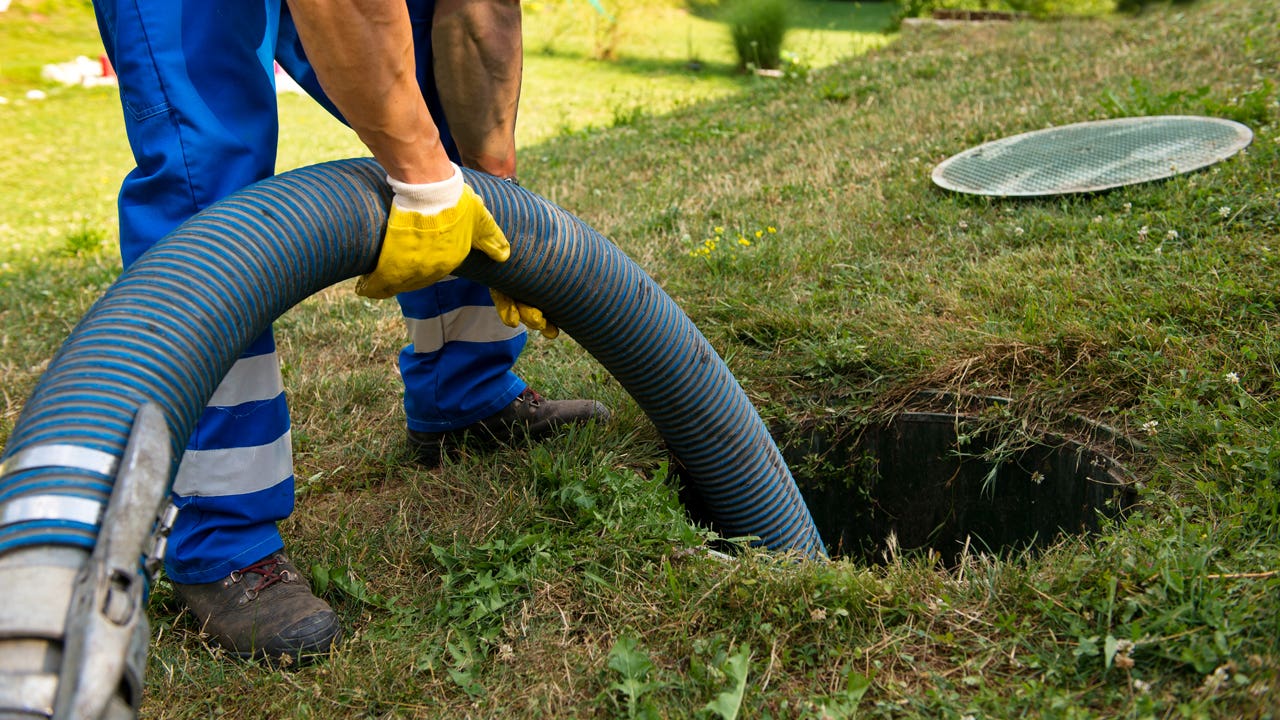In rural areas where municipal sewage systems are not available, septic systems are a popular choice for wastewater management. However, choosing the right septic system for your home can be a daunting task. There are several factors to consider, including the size of your property, the number of occupants in your home, and the soil composition of your land. In this guide, we will walk you through the process of selecting the best septic system for your specific needs.
Assessing Your Property
Before you can begin the process of choosing a septic system, you need to assess your property. Consider the size of your lot, the proximity of your neighbors, and any environmental factors that could impact the installation of a septic system. It’s also important to determine the soil composition of your land, as this will affect the drainage capabilities of the system.
Types of Septic Systems
There are several types of septic systems available, each with its own pros and cons. The most common types include:
Conventional septic systems
Conventional septic systems consist of a septic tank and a drain field. Wastewater flows from the house into the septic tank, where solids settle at the bottom and liquids flow out into the drain field for absorption into the soil. These systems are affordable and easy to maintain.
Aerobic treatment units
Aerobic treatment units use oxygen to break down waste more efficiently than conventional septic systems. These systems are ideal for properties with poor soil quality or limited space for a drain field.
Mound systems
Mound systems are designed for properties with high water tables or shallow soil depth. Wastewater is pumped into a raised mound, where it is treated and dispersed through a series of pipes.
Considerations for Choosing a Septic System
When choosing a septic system for your home, there are several factors to keep in mind:
Size of your property
The size of your property will dictate the type and size of septic system you need. Larger properties may require more advanced systems or additional components.
Number of occupants
The number of people living in your home will impact the amount of wastewater generated. It’s important to choose a septic system that can accommodate the needs of your household.
Soil composition
The soil composition of your land will determine the drainage capabilities of the septic system. Some systems may not be suitable for properties with clay or rocky soil.
Maintenance and Upkeep
Once you have chosen a septic system for your home, it’s important to establish a regular maintenance schedule. This may include regular pumping of the septic tank, inspections of the drain field, and monitoring of water usage in your household. Proper maintenance is essential to ensure the longevity and efficiency of your septic system.
Conclusion
Choosing the right septic system for your home is a crucial decision that requires careful consideration of many factors. By assessing your property, understanding the different types of septic systems available, and considering your specific needs, you can select a system that will efficiently manage wastewater for years to come.


